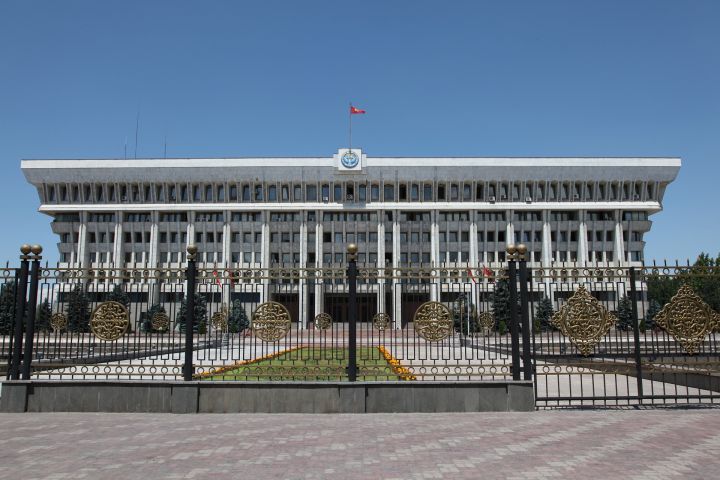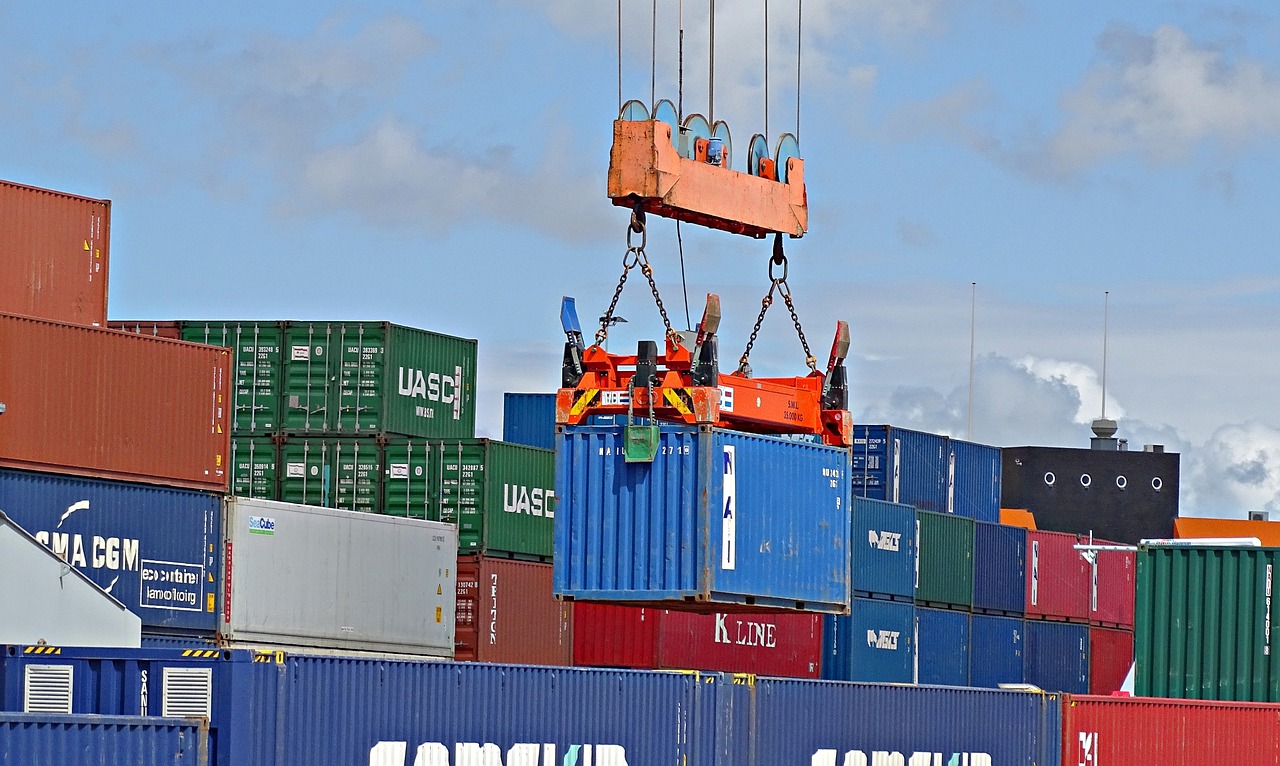
Already last year, internal consultations among Kazakh authorities discussed limiting the validity of EAC certificates issued in Kyrgyzstan for placing products on the market. Now, the signs are intensifying: the import of Kyrgyz-certified goods is expected to become significantly more difficult — a step that could have far-reaching consequences for manufacturers and exporters to the Eurasian Economic Union (EAEU).
Background: inadequate testing procedures and “grey” certificates
This development was triggered by the increasing misuse of EAC certification procedures in certain EAEU member states. Kazakh authorities, along with business and political representatives, accuse specific Kyrgyz conformity assessment bodies of issuing certificates without real product testing or in violation of legally required procedures. These so-called “grey certificates” not only endanger consumer safety, but also undermine trust in the entire EAEU conformity assessment system.
“These are not isolated cases, but a systemic issue. Certificates are issued within hours without laboratory testing or regulatory oversight.”
One known case involves a company that obtained more than 1,100 certificates within a single year from a single Kyrgyz certification body — covering a wide range of products, from electronics to food items.
New regulations
The Kazakh Ministry of Trade and Integration has published a draft government regulation proposing the following:
- The import of products into Kazakhstan will no longer be permitted if they are certified by conformity assessment bodies with the
EAEU KG*code, provided the certificate was issued after the cut-off date. - The measure applies to imports from third countries as well as to intra-EAEU trade.
Russian discussion: Moscow also recognizes the problem
The issue has also been acknowledged at the highest level in Russia. In a conversation between President Vladimir Putin and a representative of the company Veter Sport, concerns were raised about certificates issued in countries like Kyrgyzstan without proper testing procedures.
“Everyone rushed to Kyrgyzstan. In 2023, over 250,000 certificates were issued there — a dramatic increase compared to previous years.”
Russia now also plans to introduce mechanisms for suspending EAC certificates if inspections show that they do not meet the requirements. Similar systems are already in place in Belarus and Kazakhstan.
Retrospective: this debate is not new
Already in March 2024, it was reported that the Kazakh ministry was working on regulations to restrict imports of products certified in Kyrgyzstan. Even then, many companies were dealing with increased inspection efforts at customs and document requests. Between 2022 and 2023, more than 500 Kyrgyz-issued certificates were retroactively annulled — mainly due to missing or inadequate documentation.
What does this mean for your company?
Exporting to Kazakhstan will pose significant risks for companies relying on Kyrgyz certification bodies. Potential consequences include:
- Delays in customs clearance
- Return or confiscation of goods
- Exclusion from public procurement procedures
- Reputational risks due to questionable documentation
Your options
- Continue using existing Kyrgyz EAC certificates — accepting delays and additional checks.
- Proactively prepare for inspections by requesting full documentation (test reports, applications, sampling records, etc.) from the Kyrgyz certifier.
- Switch to a reliable certification body that provides transparent documentation and traceable procedures.
- Re-certify your products in Russia or Kazakhstan to ensure full compliance with regulatory expectations.
We strongly recommend contacting the consulting firm that issued or mediated these EAC certificates — especially if they were issued without proper test reports and without evidence of sample shipment. If this firm failed to inform its clients about the associated risks, urgent action is needed. Compliance concerns with Kyrgyz conformity assessment bodies have been widely known for some time — and authorities in Kazakhstan and Russia are now responding with concrete measures.
How we can support you
Schmidt & Schmidt offers comprehensive support:
- Review of existing certificates for potential risks
- Consulting on the selection of reliable certification bodies
- Complete re-certification of your products in Russia or Kazakhstan
- Assistance with customs procedures and market surveillance issues
Contact us — we will advise you individually and help secure your supply chain.
What is an EAC Certification?
In our video, we explain what an EAC Certification is and how and where to certify or declare your products for the introduction on the EAEU market.
The EAC Certification and the EAC Declaration are complex procedures that attest your products the conformity with the technical regulations of the EAEU and require a lot of know-how. Schmidt & Schmidt will support you with the certification of your products for the EAEU market.
How can we help?
In this rapidly changing regulatory environment, Schmidt & Schmidt offers comprehensive support for exporters to the EAEU countries. Our service portfolio includes EAC certification, customization to specific product categories and tailored solutions to comply with the technical and legal requirements of these markets. We are committed to making it easier for companies to enter and expand in these regions by providing the most up-to-date information and guidelines.
Technical expertise, care and accuracy in the preparation of documents are the prerequisite for problem-free distribution and use of products, machines or systems in the EAEU territory. The technical documentation must also be written in Russian or in the official language of the respective member country in which the product is to be sold or used. In order to avoid any problems, we will be happy to help you create new technical documents or check existing documents for completeness and linguistic and terminological correctness in Russian.
Thanks to their many years of experience, our experts can also provide you with specific industry knowledge from plant engineering, mechanical engineering, metal construction, measurement technology, electrical engineering, automation technology, medical technology, food technology and the furniture industry.







